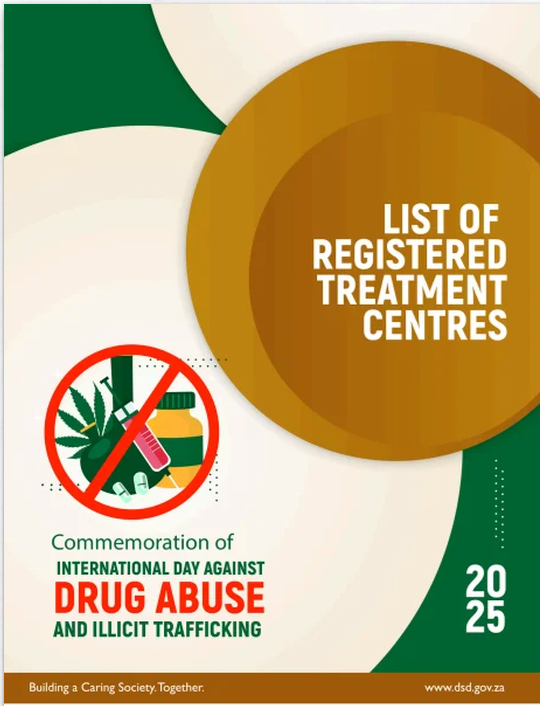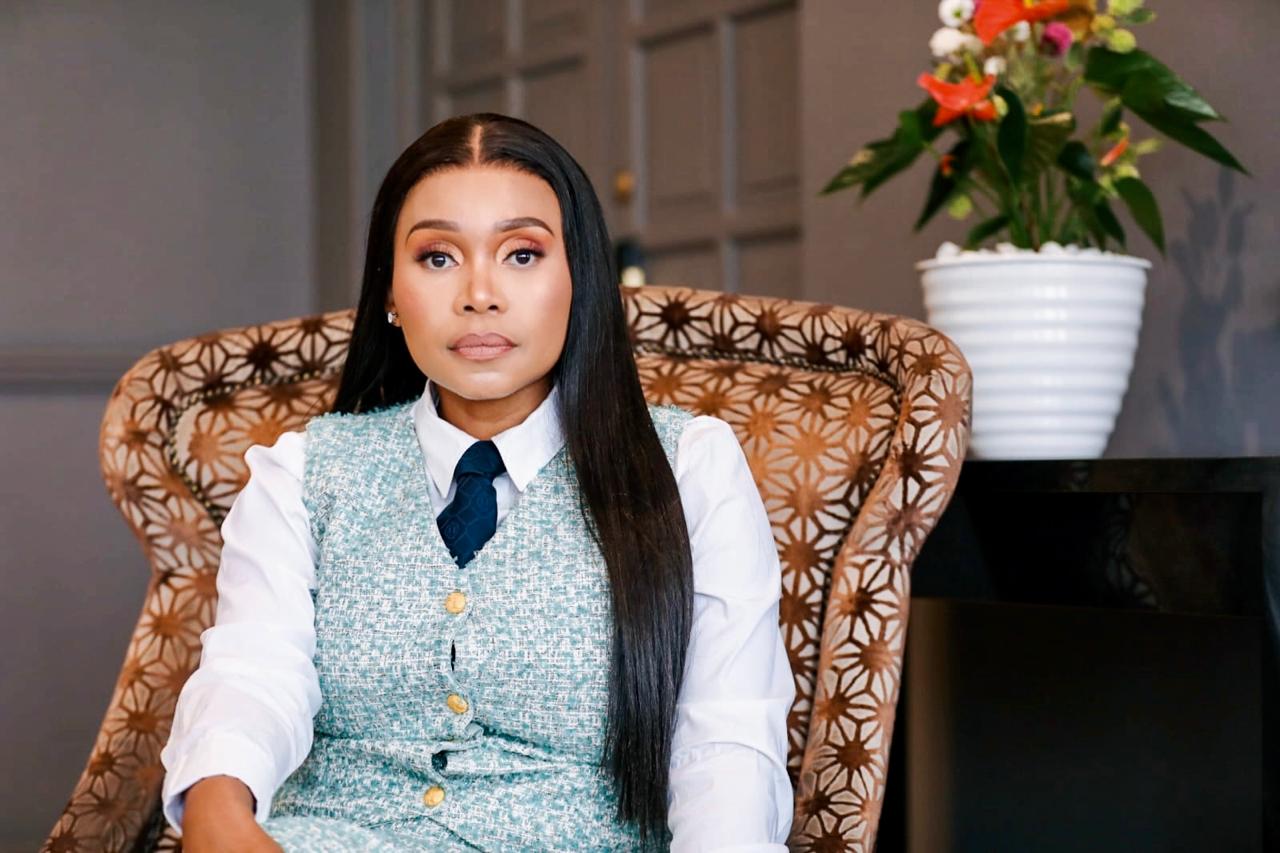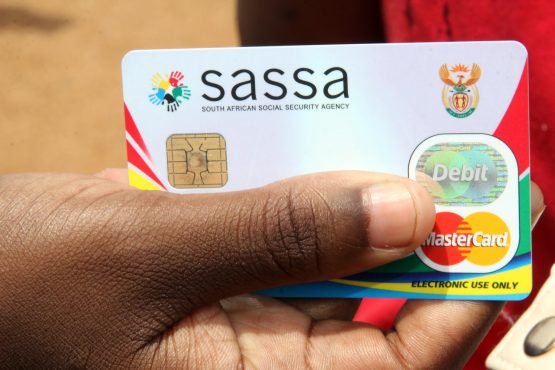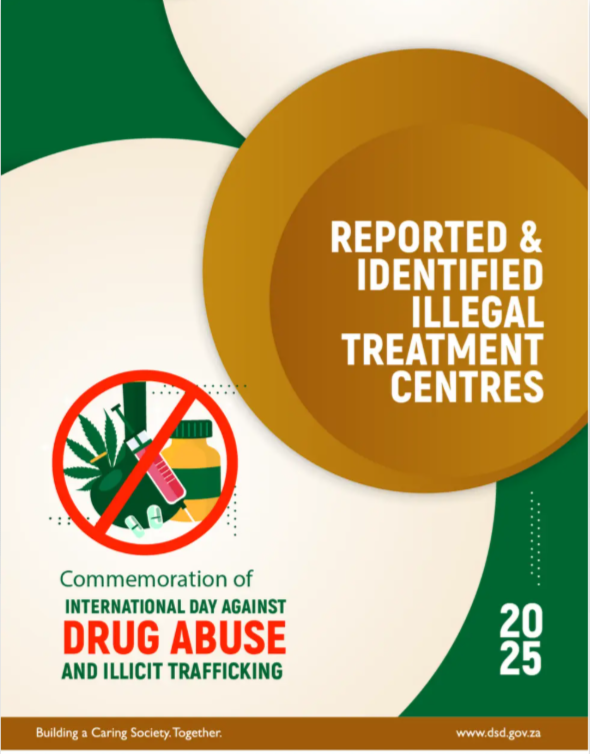Friday, 26 March 2021
Midrand- Gauteng Province
_____________________________________________________
Programme Director, Ms Isabella Sekawana;
UNICEF Country Representative, Ms Christine Muhigana;
Representative of the University of Venda, Dean Alunamutwe Rannditsheni;
Deputy Chairperson of the National House Traditional Leaders, Nkosikazi Mhlauli;
Director of Teddy Bear Foundation, Dr Shaheda Ormar;
CEO of World Vision South Africa, Mr. Bruce Layzell;
Representative from the SAPS;
Representative from the Religious Sector, Archbishop Mbulelo Dyasi;
Representative from the Global Partnership Movement to end Violence against Children; and
Fellow panellist, child representatives here present and those joining us on the virtual platforms
Firstly, let me thank all dignitaries, academics, government officials and representatives from various key strategic partners for responding positively to the roundtable invitation which is about discussing imperative issues impacting upon the livelihoods of the most important assets in the country – our children.
This webinar unfolds during the most crucial stage in our country whereby the citizens of our country are celebrating human rights month since the beginning of this month under the theme, “The year of Charlotte Maxeke: promoting human rights in the Age of COVID-19.” Human rights cannot be complete as long as global trends replicates our country as a centre of violence, rape, abduction, teenage pregnancy, gangsterism and many forms of social ills and abuse encountered by our children on a daily basis.
Child killings, rape and child abuse cannot be taken lightly as many children lose their lives and future during early stages in their lives and this paints a bleak picture for us as a country. I am saying for us as a country because there is an African expression that says, “NGWANA KE SEJO WA HLAKANELWA,” which means a child belongs to all of us in society. It basically implies that Parents, Neighbours, Teachers and other key social partners including law enforcement authorities such as the South African Police Service (SAPS) have a collective responsibility to raise every child within their reach.
The call for collective efforts is one of the main reasons why we decided to convene this Webinar as the Department of Social of Social Development. As the Department, we have a role of BUILDING A CARING SOCIETY TOGETHER! But reality is what defines us will remain a theory until we move a bit by partnering with other key stakeholders including yourselves. As I always say, Social Development is not about individual development but it is for the development and social emancipation of our people, especially the poor and vulnerable children in need of care, guidance and protection.
We are hosting the webinar on children in collaboration with our key stakeholders in the child protection system so as to restore the pride and dignity of our nation.
Given the magnitude and increased incidents of abuse, we should be worried as a collective not to fall into a trap of comfort meanwhile our children are being victimised and abused.
Programme Director
COVID-19 pandemic exposed the high levels of inequality, poverty, unemployment and other social ills impacting on the well-being of children. As a result, families wherein children also reside, were hard hit by socio-economic conditions ranging from Gender Based Violence and Femicide incidents, substance abuse as well as well as job losses.
Children and families who are already vulnerable due to socio-economic exclusion or those living in overcrowded settings became more vulnerable due to manifestation of physical and emotional abuse, neglect, death of family members.
Most concerning is when children die and are hurt at the hands of people they trust most such as their parents, caregivers and family members and what is more disgusting is when they lose their lives for ritual purposes. This is an indication that something is completely wrong with our society as we are often unable to take care and protect our own children.
I was a bit disturbed when I learnt that in terms of the South African Police Services (SAPS) statistics, a person is raped every 35 seconds, but according to the National Institute for Crime Prevention and Rehabilitation (NICRO) only one in twenty rape cases is reported to the SAPS.
The recent heinous crime which almost shocked the country, as South Africa marked 16 Days of Activism for No Violence against Women and Children last year is when a 34-year-old father attacked and killed a 42-year-old mother and her five children with an axe in Swaaimani, Kwa-Zulu Natal Province.
Although the last financial cycle (2019/20) Annual Crime Statistics presented by the SAPS revealed that child murder dropped by 7 percent; meanwhile 943 children were murdered and more than 24 000 were sexually assaulted in South Africa. This basically states that we are an angry and wounded society which need urgent intervention failing which we may soon become one of the countries which once had a rich history and resilient people who during the course of time failed to realise how blessed it is.
This requires concerted efforts from all sectors of society to reflect and introspect on what we are not doing right in the course against prevention of child abuse.
In addressing the scourge of violence against children, the country has in place some progressive pieces of legislation and laws to protect children. However, we continue to experience high levels of violence against children. As part of strengthening our response and interventions, Government has put in place National Strategic Plan (NSP) on Gender Based Violence and Femicide led from the highest office in the country - the Presidency. The NSP must be implemented across all sectors of society to ensure that we collectively uproot and deal with causes of violence.
The Department of Social Development is the lead department in the care and protection of children and we remain committed to promote and protect the rights of every child as contemplated in the Section 28 (1) and 28 (2) of the South African Constitution Act 108 of 1996 as well as the Children’s Act 35 of 2005.
Since December 2017, South Africa became a leading country by participating in the Global Partnership which seeks to find solutions and strategies in violence prevention. In addition, South Africa also became a member of the We-Protect Global Alliance to end online child sexual exploitation in realization of the dangers our children are exposed to during online platforms. In doing so, the government, NGOs and the research community, as well as the international development partners demonstrated commitment in accelerated action to prevent and reduce violence, neglect and exploitation experienced by children.
As Pathfinding country, South Africa adopted the INSPIRE package of strategies which provides an evidence-based framework for organizing policy, practice and research to address violence against children. The INSPIRE strategies emphasizes the importance of multi-sectoral collaboration and action to achieve positive outcomes for children – government departments and agencies, researchers and implementing organisations all have critical roles to play.
Given the urgent need for national action to protect children from all forms of violence and guided by South Africa’s legal human rights obligations, the Government has since achieved a lot and continues to intensify and accelerate efforts to prevent and investigate such acts when they occur and prosecute and punish perpetrators. By doing so the system of prosecution provides redress and relief to the survivors.
A more cohesive and strategic approach, which addresses the root and underlying causes of violence including systems must be strengthened. The department’s 365 days programme of action on GBV and child protection is introduced to maximise collaborative efforts between government and civil society, faith based organisations and traditional leaders for comprehensive programming to combat violence against children.
Through 365 days campaign, the department intensifies social mobilisation through continuous engagements with communities; educating communities, instilling positive societal norms and values that will change the landscape on norms and values that perpetuates violence. Furthermore, communities are mobilised to take responsibility in creating safety nets for better care and protection of children. In essence, the 365 Days Child Protection Programme of Action (POA) strengthens government’s commitment towards the care and protection of children from violence; child abuse; neglect and exploitation whilst also ensuring the well-being of a child within a nurturing environment.
In line with the implementation of the INSPIRE strategies; South Africa has throughout the years made significant progress in scaling up initiatives to tackle violence against children, by increasing the Social Grants through the social assistance programme; impact has been evaluated and has demonstrated to contribute to positive results of food security and diversity, school enrolment and retention results are evident in the matric pass rate.
There is also evidence–based parenting programmes as part of prevention programmes rendered across the sector such as Teenage Parenting Programmes, community-based care programmes and child protection programmes which have all showed positive impact in the life space of a child in South Africa.
In terms of response, there is an increase in the specialised family services, strengthened child protection services through the youth reproductive programmes rendered by different stakeholders within the sector.
Despite this remarkable progress, much more still needs to be done to address societal and cultural norms, particularly patriarchal attitudes, societal norms and behaviours driving violence against children.
It is for this reason that today we are having this National Dialogue, to discuss the plight of our children; who are killed every day; pave a way forward on how we implement targeted interventions addressing violence against children in the hotspot in districts through the 365 days campaign. We need high level of commitment from all political principals, government, non-governmental organisations, researchers, faith based and traditional leadership, as well as communities at large including children themselves. DSD alone cannot end violence against children; we need partnerships where they will be collaboration and coordinated efforts in preventing and responding to violence against children.
I strongly believe that through this dialogue, we will hold hands, working together to care and protect our children from any forms of violence or physical harm. It is in our hands to bring the change we desire in our children’s lives, our families and communities at large.
I thank you.





